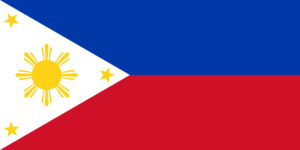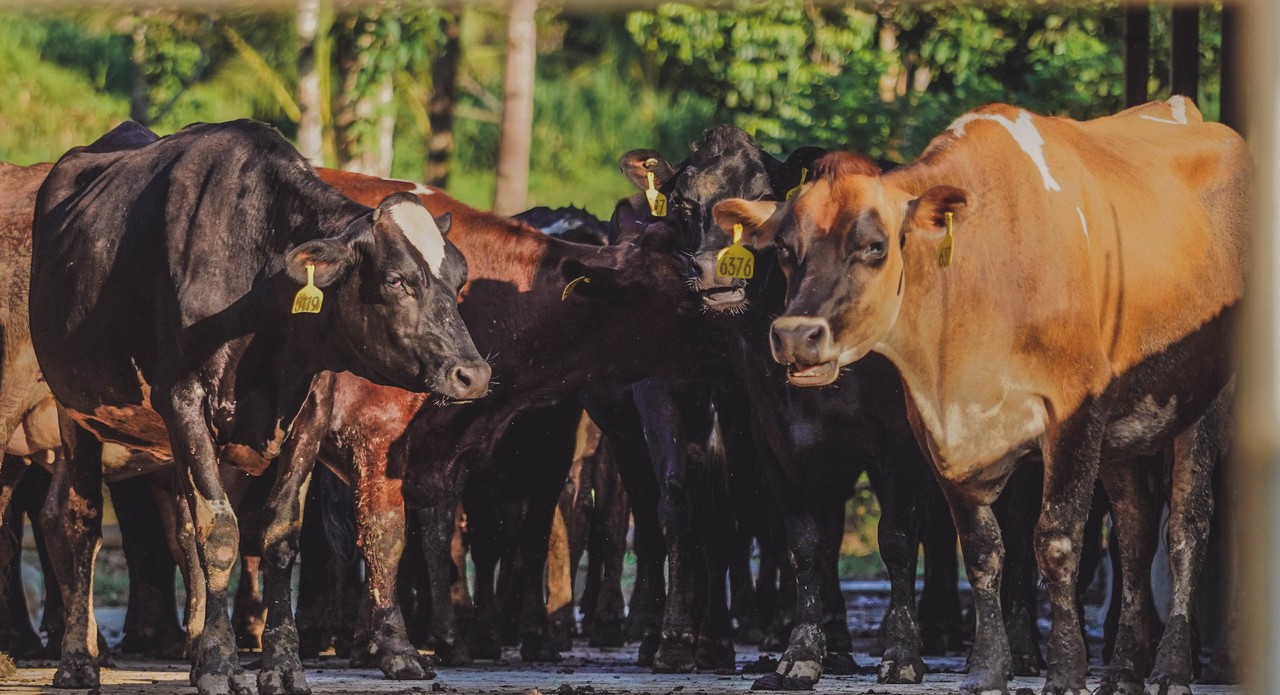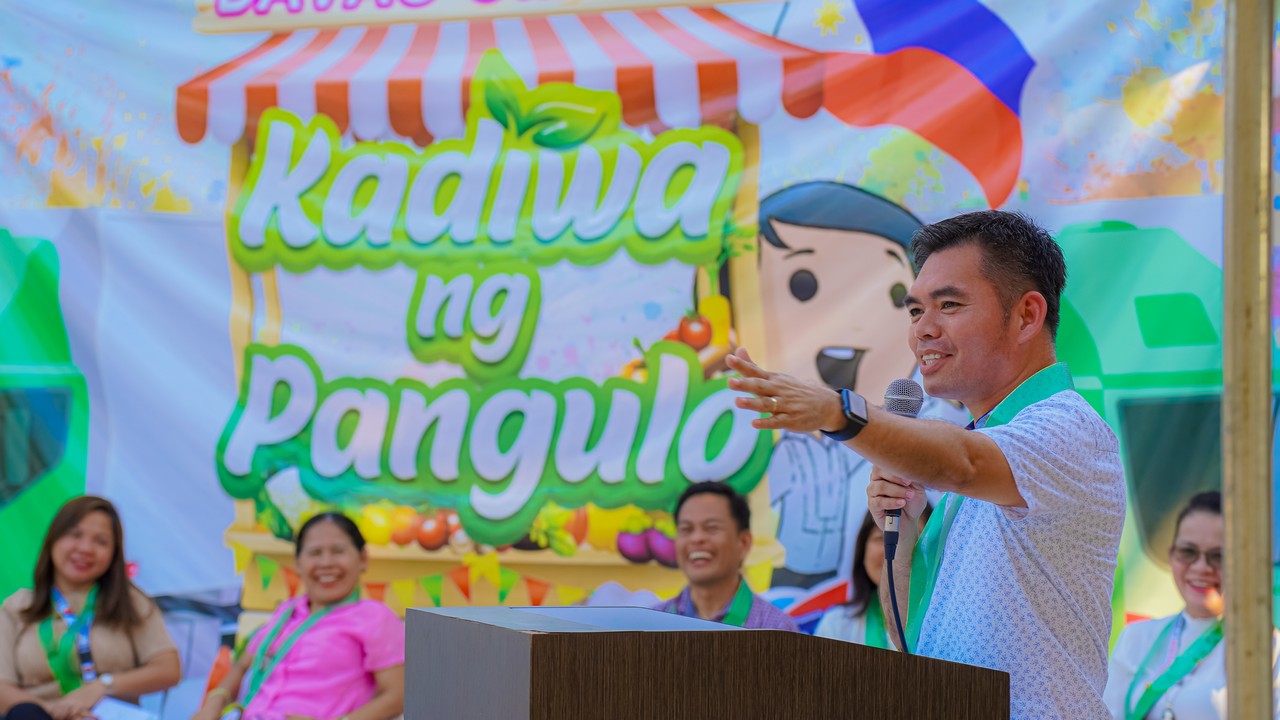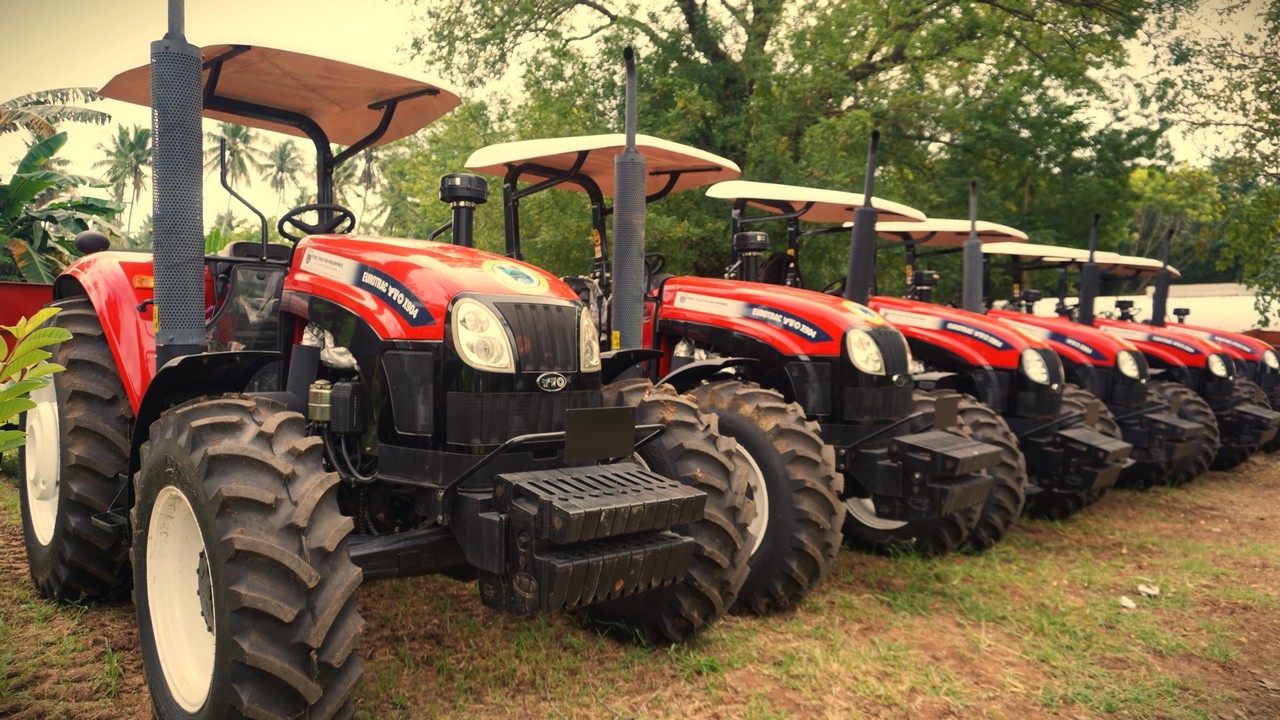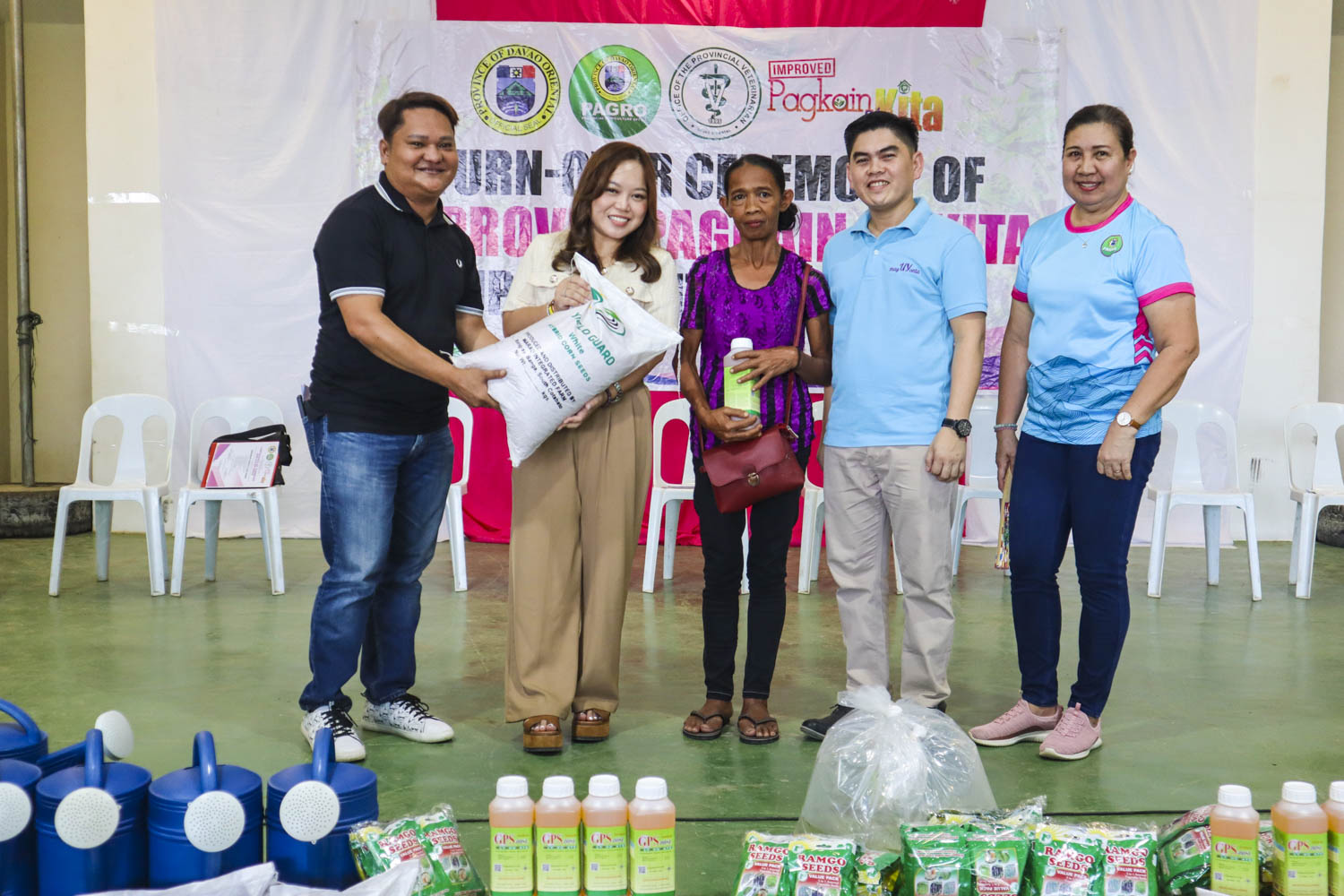Fifty Holstein Jersey dairy cattle, flown all the way from Australia, were formally handed over to the members of the Don Mariano Marcos Livestock Raisers Association (DOMMALRAS) in a heartwarming and historic turn-over ceremony on Thursday, July 20, in the hinterland village of Don Mariano Marcos in Lupon, Davao Oriental.
The first of its kind in the province, this project is set to pave the way for a sustainable source of income, nutrition for the community, and employment opportunities for the locals.
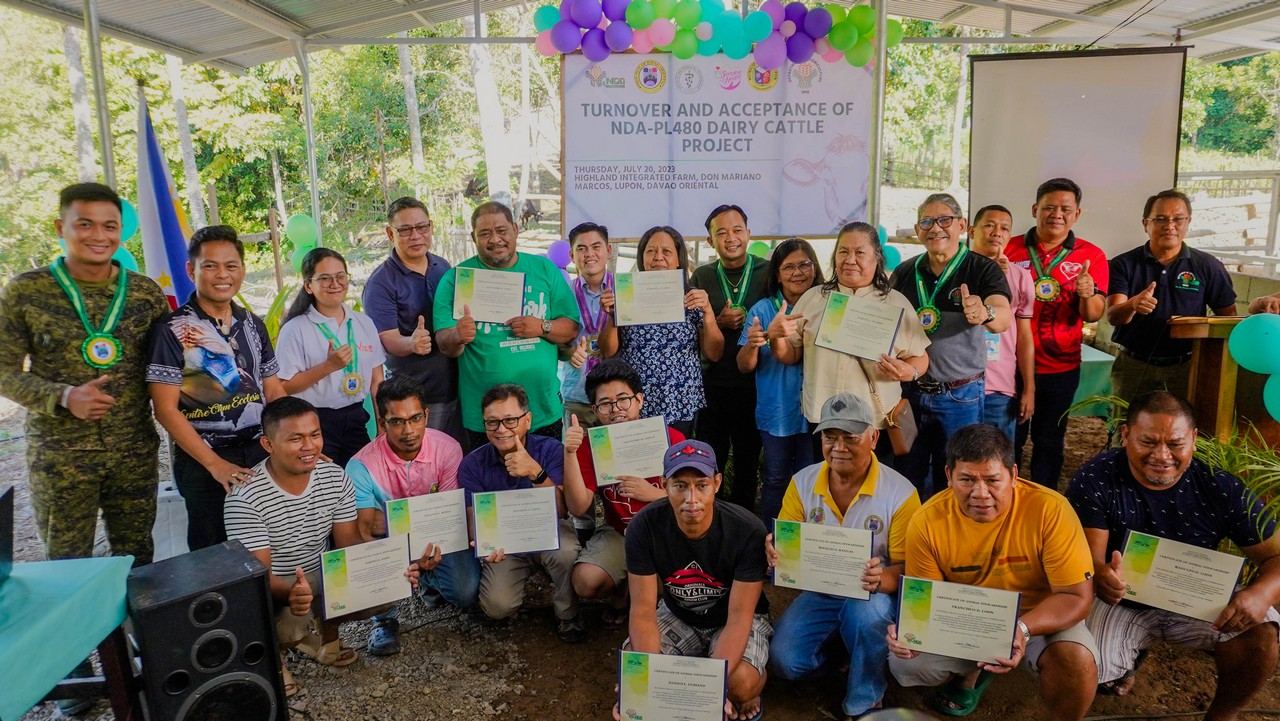
Implemented under the Dairy Cattle Project (PL480), the cattle were turned over to the association consisting of 12 farmers who will now be responsible for the care of the cattle.
The project scheme was made possible by the collaboration of various government agencies in a bid to improve the province’s local dairy industry. The National Dairy Authority (NDA) funded the purchase of the animals worth P7.5 million. The provincial government provided for the forage and pasture planting materials, social preparation, freight, and handling of the animals, while other technical support was provided by the Department of Agriculture (RFO XI), the barangay, and the municipal government.
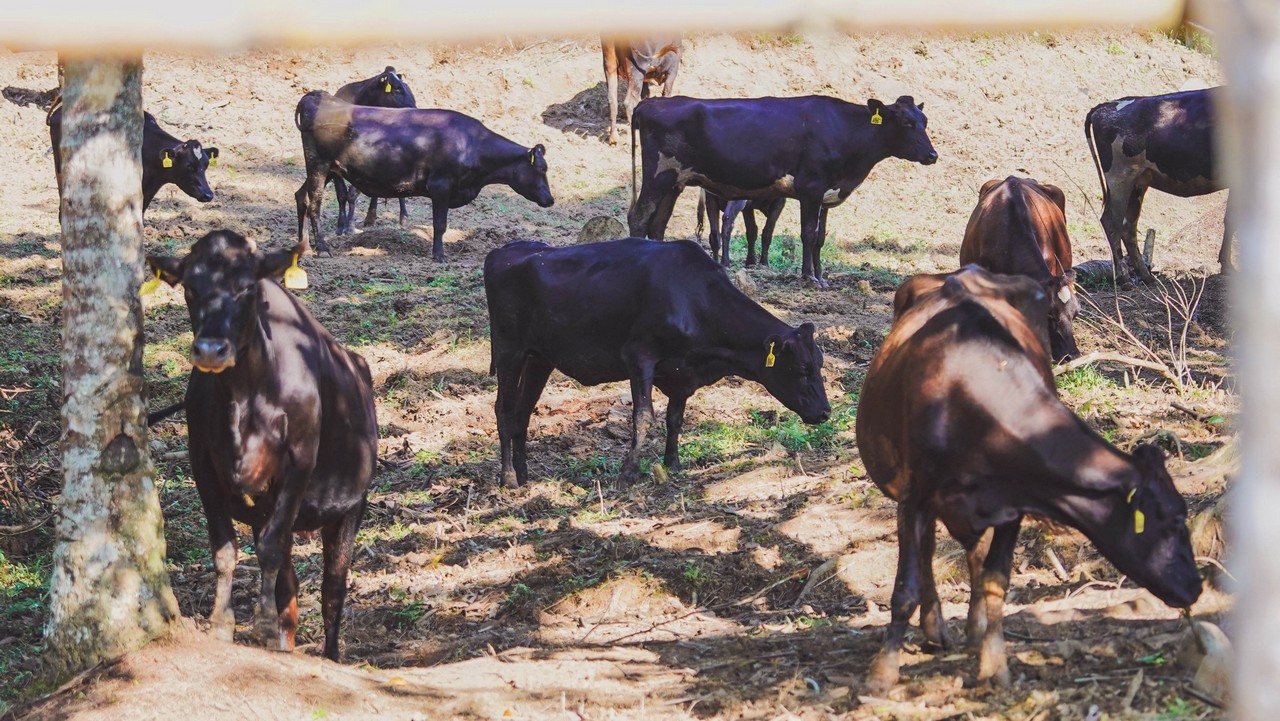
The farmers who received the project also contributed by investing around P2.5 million for the construction of the building and forage facility, as well as providing for the labor.
IMPROVING THE LOCAL DAIRY INDUSTRY
Provincial Veterinarian Dr. Eric Dagmang said this promising project, which started ten years ago under the administration of the late Governor Corazon N. Malanyaon, has a huge potential to address various challenges by the struggling local dairy industry.
Estimated to produce 300-400 liters of milk a day or 120,000 liters annually, these cattle’s milk will be delivered and transported to the Dairy Hub in Mati City for processing into various products, including bottled milk, flavored milk, and milk bars. In the future, the milk will also be used to make cheese and yogurt. Although the cows were already pregnant upon arrival, full production is not expected until September and October.
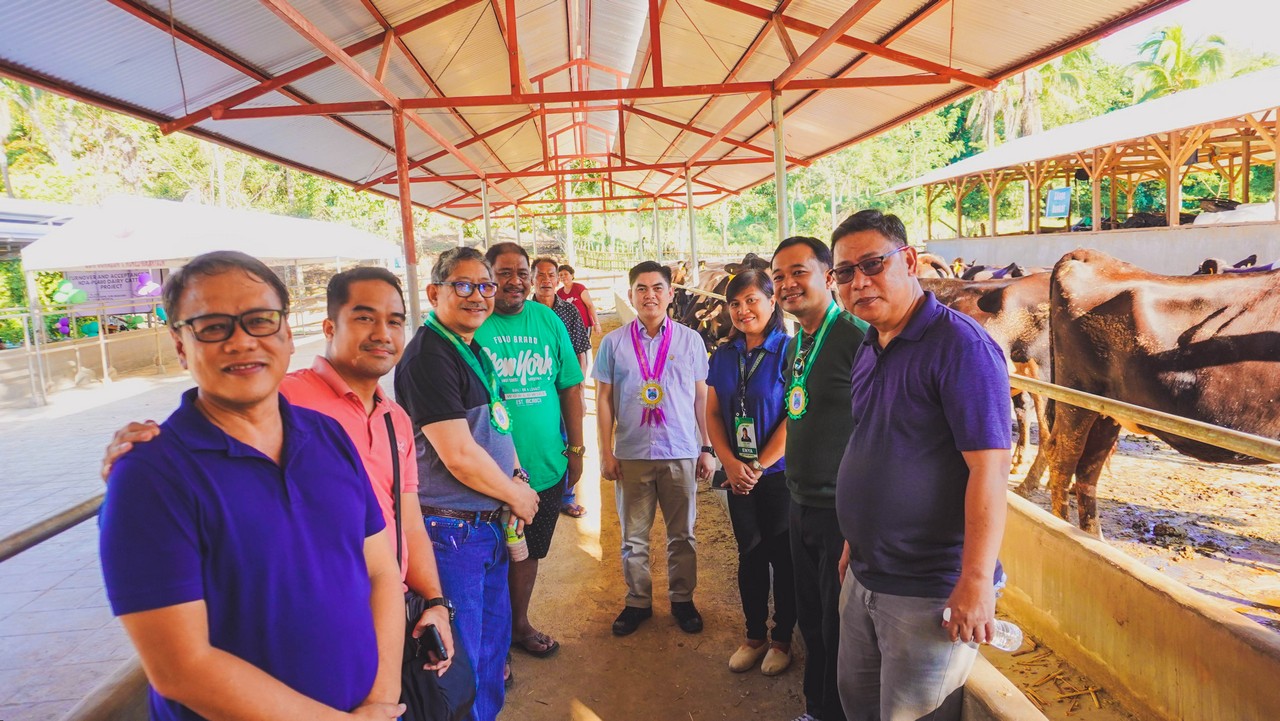
NDA Administrator Dr. Gabriel Lagamayo shared some positive news about the upcoming establishment of a milk processing center in the City of Mati, which has been endorsed by Senator Cynthia Villar, the chairperson of the Senate Committee on Agriculture and Food.
Additionally, a cooling tank will be installed at the project site to store and maintain the quality of milk, guaranteeing its freshness until the collector trucks arrive.

He also revealed intentions to distribute an additional batch of imported cattle in Banaybanay town before the year ends. He emphasized the importance of organizing and planning the collection system given the demanding nature of dairy farming, which requires focused management.
In order to provide effective marketing and support to the value chain, the provincial government has enlisted the help of the Associations from Lupon and the City of Mati to serve as the marketing arm for the milk products.
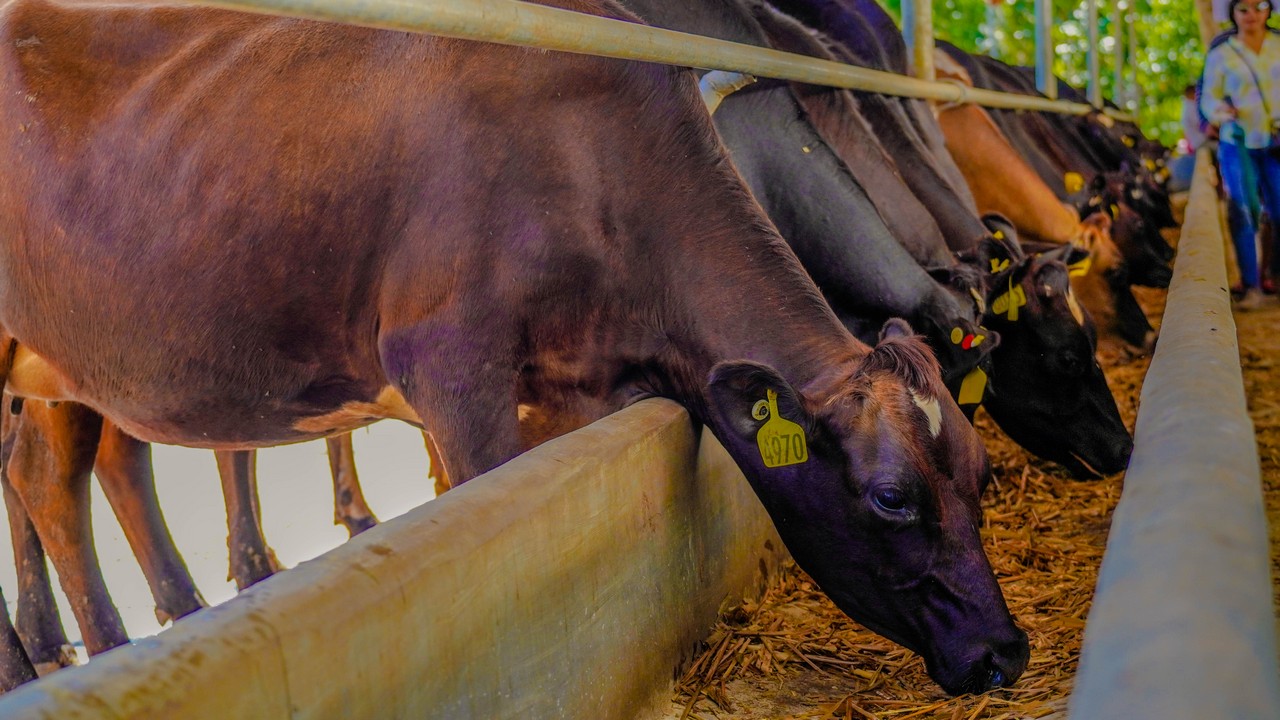
While the Department of Social Welfare and Development and the Department of Education have been identified as potential buyers of milk products for their feeding programs in schools to combat malnutrition, particularly stunting among children, the provincial government is also looking to expand the operation to larger markets in the future as it progresses at full capacity.
CASH COW
The dairy cattle project is expected to yield impressive results. Members of the farmer cooperative are excited about the project’s potential to generate substantial income. According to a study, each farmer is projected to earn an additional monthly income of P20,000.00 to P30,000.00.
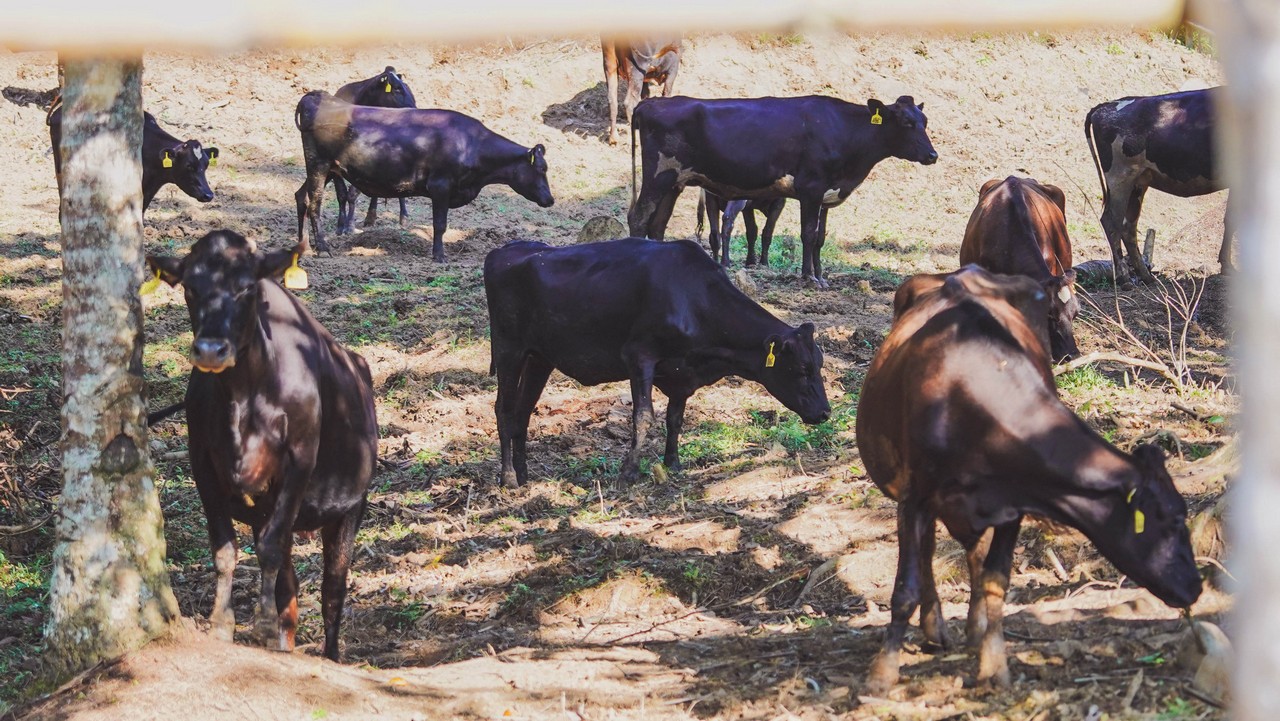
Alejandro D. Loon, the Chairman of the Highland Organic Agriculture Cooperative under the DOMMALRAS, expressed his enthusiasm about the project, which now serves as a beacon of hope for his cooperative and the rest of the community.
“As an entrepreneur, it’s gratifying to know that our business will not only benefit us but will also provide employment opportunities for others in our community. Additionally, we take pride in contributing to the well-being of the children throughout the province by providing them with nutritious food. This brings a warm feeling to my heart,” he said.
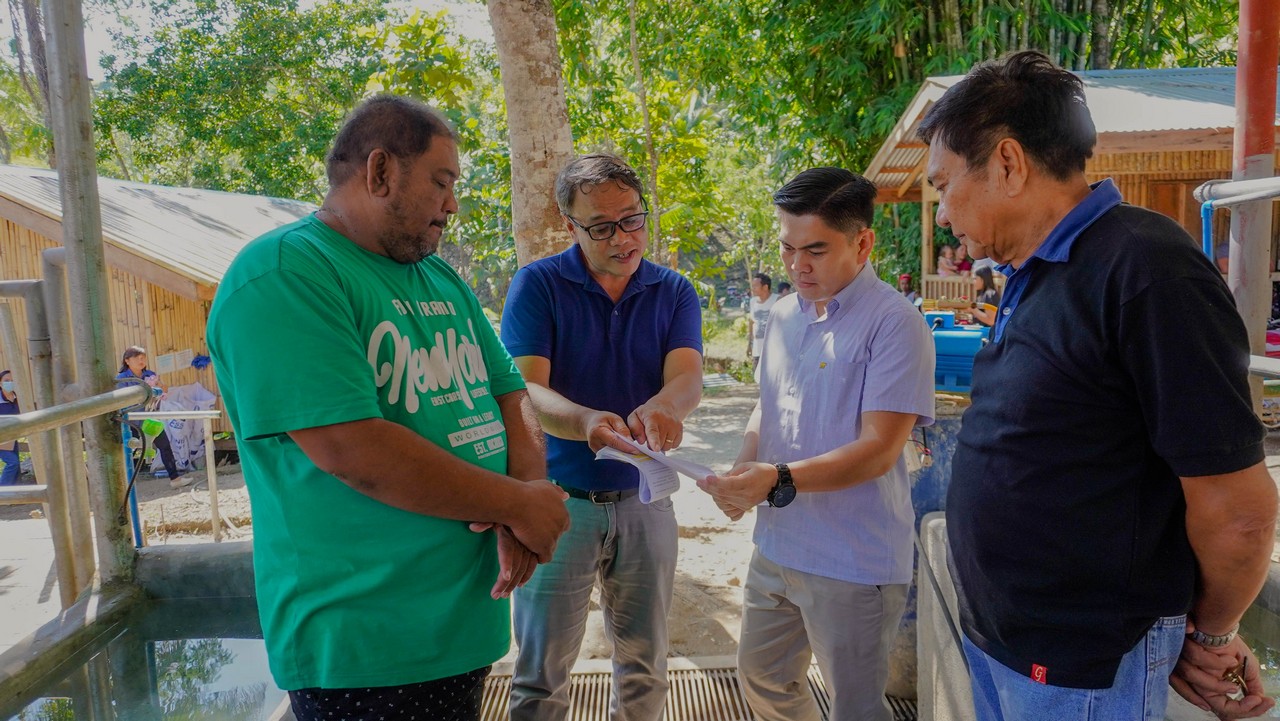
It is also anticipated that the project will have a ripple effect throughout the value chain. With an increase in dairy production, there will also be an increase in the demand for employment, feed producers, manufacturers, and marketing, ultimately stimulating local economic growth.
In addition, stakeholders are considering agritourism and transforming the facility into a farm school to help educate and train farmers and learners on dairy production skills.
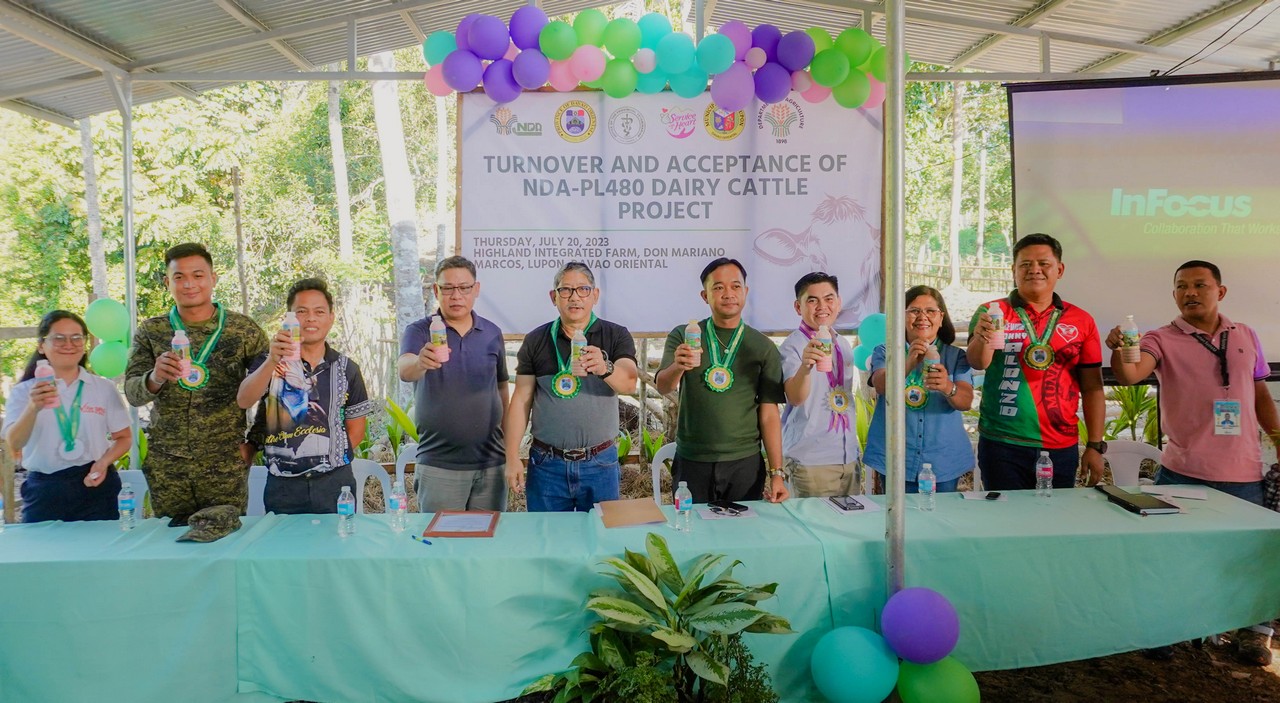
As the dairy cattle project is anticipated to flourish, it now serves as a shining example of how collaborative efforts, innovation, and determination can empower rural communities. This accomplishment signifies a pivotal moment for the dairy industry in the province, offering hope for a more prosperous future for both farmers and stakeholders.
Several officials were also present during the turnover ceremony, including Board Member Stephen Paul Uy representing Governor Niño Sotero L. Uy, Jr., Department of Agriculture XI Regional Executive Director Abel James Monteagudo, Board Member Rotchie Ravelo, and Provincial Agriculturist Dr. Edito Sumile, among others. By Karen Lou V. Deloso -PIO | Photos by Mark Oliver Alvite
